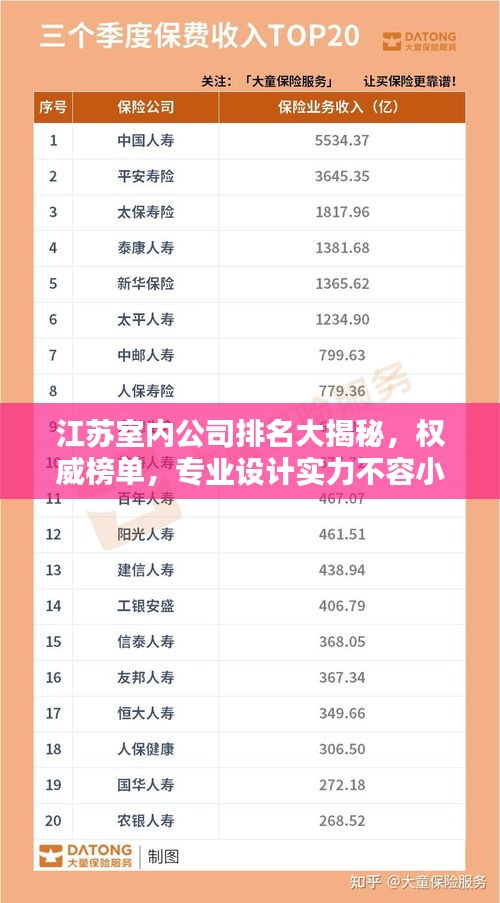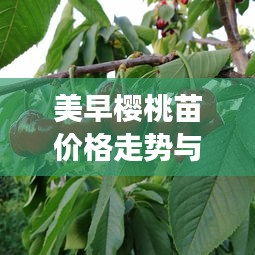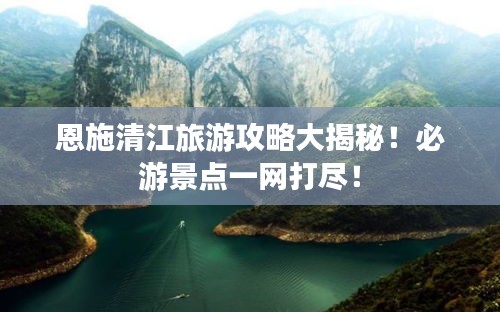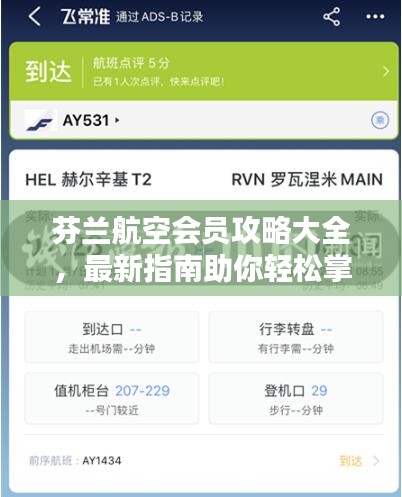Introduction
In the competitive world of product development, the term "exclusive" holds significant weight. When a product is deemed exclusive, it means that it is unique, innovative, and has captured the market's attention in a way that no other product can match. However, what happens when this exclusive product is suddenly "exclusive" to one company? This article delves into the implications of a product being exclusively acquired by a single entity and the potential consequences for both the market and the consumer.
The Rise of Exclusivity
The concept of exclusivity has gained traction in recent years, particularly in the tech industry. Companies are constantly striving to create products that stand out from the crowd, offering features and functionalities that are unmatched by competitors. This pursuit of exclusivity has led to a surge in patents, trademarks, and other legal protections to secure a product's uniqueness. When a product is successfully launched and receives widespread acclaim, it often becomes the target of acquisition by larger companies. These companies recognize the value of owning an exclusive product and are willing to pay a premium to ensure they have a competitive edge in the market.
The Acquisition Process
The process of acquiring an exclusive product can be complex and involves several steps. First, the acquiring company must identify a product that aligns with its strategic goals and has the potential to enhance its market position. Once identified, the company will initiate negotiations with the current owner, which can be a startup, another company, or even an individual. Negotiations often involve discussions about the price, terms of the acquisition, and the integration of the product into the acquiring company's existing portfolio. The acquiring company may also seek to secure any intellectual property rights associated with the product to prevent competitors from copying its features.
The Implications of Exclusivity
When a product is exclusively acquired by a single company, several implications arise. Firstly, the market dynamics change, as the acquiring company now has sole control over the product's distribution, pricing, and development. This can lead to a decrease in competition, potentially resulting in higher prices for consumers. Secondly, the exclusivity of the product can create a sense of desirability and scarcity, which can be advantageous for the company. However, it also means that consumers who are unable to afford the product or are not part of the exclusive market segment may be left out.
Consumer Impact
The impact of a product being exclusively acquired can be significant for consumers. On one hand, the exclusivity may lead to improvements in the product, as the acquiring company invests in research and development to enhance its features. On the other hand, consumers may face limited options and higher prices, as the market power of the acquiring company grows. Moreover, the exclusivity of a product can also affect the broader market. When a company has exclusive control over a product, it may limit the availability of similar products, thus stifling innovation and competition in the long run.
The Role of Intellectual Property
Intellectual property plays a crucial role in maintaining the exclusivity of a product. By securing patents, trademarks, and copyrights, companies can protect their products from being copied or replicated by competitors. However, the overuse of intellectual property can also lead to monopolies, where companies have excessive control over the market and can manipulate prices and availability. It is essential for companies to strike a balance between protecting their intellectual property and fostering a competitive market environment that benefits consumers and encourages innovation.
The Future of Exclusivity
As the landscape of product development continues to evolve, the concept of exclusivity is likely to remain a significant factor. Companies will continue to seek out innovative products that can give them a competitive edge, and the acquisition of exclusive products will remain a key strategy. However, with increasing consumer awareness and regulatory scrutiny, the balance between exclusivity and market competition may shift. It is crucial for companies to consider the long-term implications of acquiring exclusive products and to ensure that their actions promote a healthy and competitive market environment.
Conclusion
In conclusion, the acquisition of an exclusive product by a single company has profound implications for the market and consumers. While exclusivity can lead to improved products and increased market power for the acquiring company, it can also result in higher prices, limited options, and stifled competition. Striking a balance between protecting intellectual property and fostering a competitive market is essential for the long-term health of the industry and the satisfaction of consumers. As the landscape continues to evolve, companies must navigate this delicate balance to ensure sustainable growth and innovation.
转载请注明来自安平县港泽丝网制造有限公司,本文标题:《产品被独家了 英文,独家新品英文 》












 冀ICP备2020022719号-3
冀ICP备2020022719号-3
还没有评论,来说两句吧...